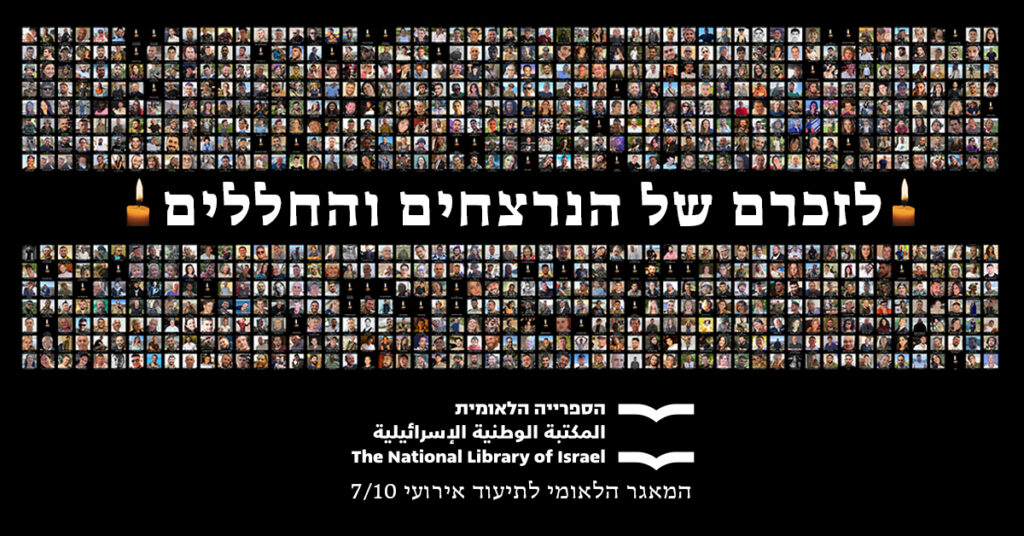
Two Years Ago: A Fateful Waste of Opportunity
On October 7, 2023, Hamas carried out a brutal, large-scale attack on southern Israel, killing civilians, taking hostages, launching rockets — acts that under almost any international standard amount to terrorism, war crimes, or at least atrocities. The international community, especially the Security Council, had both the authority and the responsibility under the UN Charter to respond clearly and forcefully. They did not. What was needed then — and still is — is an unambiguous demand: Hamas must surrender unconditionally, disarm, release all hostages, cease terrorism, leave Gaza or relinquish power. Anything less lets them off the hook.
In the annals of international failure, the smoke-filled chambers of the United Nations Security Council hold a hallowed place. For decades, this self-appointed panel of global guardians has perfected the art of hand-wringing inaction and politically expedient ambiguity. But two years ago, in the immediate, blood-drenched aftermath of October 7th, it committed its most damning abdication of duty. It failed, categorically and unforgivably, to convene an emergency session for the sole purpose of demanding the unconditional surrender of Hamas.
The evidence was not in dispute. It was streamed live by the perpetrators themselves. The world watched in real-time as Hamas terrorists, acting on a charter that explicitly calls for genocide, executed a premeditated campaign of slaughter, rape, mutilation, and abduction the likes of which had not been seen since the ISIS rampages across Syria and Iraq. It was a textbook act of aggressive, unprovoked war, designed to maximize civilian suffering and provoke a maximalist response.
In that critical moment, the Security Council had a clear, moral, and strategic imperative. It should have stood as one, invoking Chapter VII of the UN Charter, to declare Hamas a *hostis humani generis*—an enemy of all mankind. It should have demanded its immediate and unconditional surrender, the release of every hostage, and the complete dismantlement of its military and governance structures in Gaza. Such a move would have isolated the terror group completely, placed the onus of the ensuing conflict squarely on its shoulders, and given Israel the unambiguous international mandate to surgically excise a cancer that threatens not only its own citizens but any prospect of peace for Palestinians.
It did no such thing.
Instead, the Council descended into its familiar, morally bankrupt theater. While Israeli families identified their murdered loved ones from charred bones and DNA samples, the debate in New York centered not on the perpetrators, but on “proportionality” and “ceasefires.” Certain members, with long records of cynically using the Palestinian cause as a cudgel against the West, immediately began reframing the conversation. The most barbaric attack on Jews since the Holocaust was swiftly rebranded in some quarters as an act of “desperate resistance.” The language of human rights was weaponized to provide cover for the perpetrators of the most profound human wrongs.
The United States, to its credit, stood almost alone in its clarity. American diplomats rightly insisted that any resolution, statement, or press release that failed to explicitly condemn Hamas and call for its disarmament was not just worthless but dangerous. It was a line in the sand drawn with the blood of Israeli civilians. Yet, for holding this bare-minimum position, the U.S. was portrayed as an obstructionist, a veto-wielding bully preventing the “will of the international community” from being heard.
And what is that will? The struggle to produce a unified statement over these past two years has been a masterclass in obfuscation. The very fact that condemning a listed terrorist organization for initiating a war of atrocity is a subject of *debate* should shatter any remaining illusion about the Security Council’s moral compass. Its continued paralysis is not a sign of diplomatic complexity; it is a testament to the corrosive influence of regimes that see strategic value in preserving a jihadist entity on Israel’s border. It is a failure born of a worldview that cannot bring itself to admit that the fundamental obstacle to peace is not Israeli settlements, but a Gaza regime dedicated to its annihilation.
This failure is not merely a diplomatic footnote. It has had catastrophic real-world consequences. Every day the Council prevaricated, Hamas dug in. It used the time bought by international dithering to fortify its tunnel networks, reposition its commanders among the civilian population, and spin a narrative of victory for its supporters in Tehran and beyond. The message from the UN’s highest body was clear: terrorism, if executed with sufficient brutality and backed by powerful patrons, will not be met with ultimate condemnation, but with negotiation.
Why should Israelis, or any civilized nation, place their trust in these so-called guardians? The UN Security Council has proven itself to be not a forum for justice, but a marketplace for realpolitik. It is an institution where the lives of Israeli civilians are afforded a different, lesser value. Its refusal to demand the surrender two years ago was a green light for the next conflict. It told every terrorist group watching that the red lines of civilization are, in fact, gray and easily blurred.
The legacy of October 7th is one of trauma for Israel and of shame for the international system. The charred homes of Kfar Aza and the bloodstained dance floor of the Nova festival are permanent monuments to human evil. The marble halls of the United Nations, however, stand as a monument to the cowardice that allows that evil to fester. The world had a chance to stand on the right side of history. It chose, instead, to form a committee.
